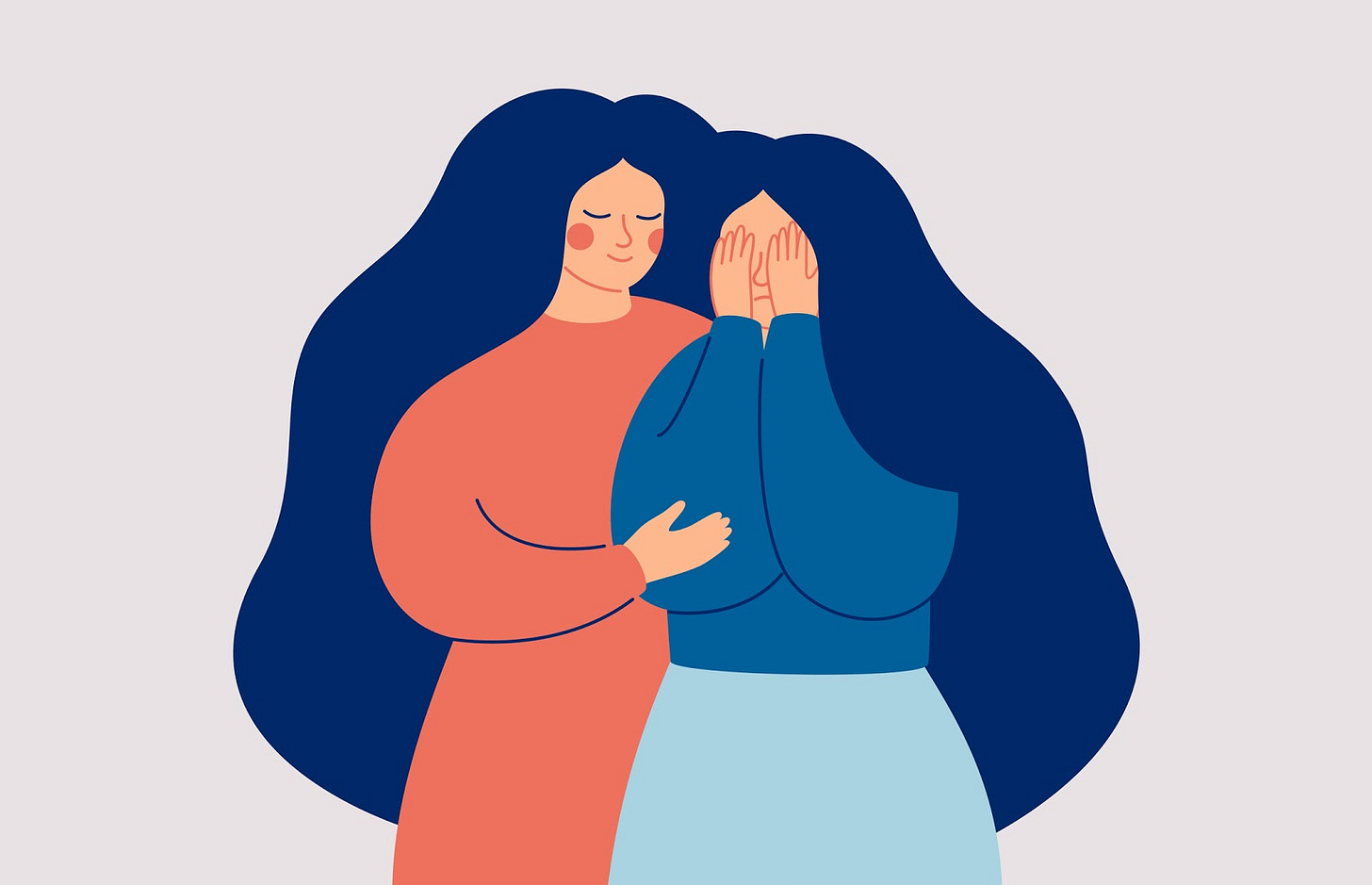
I used to fantasize about murdering the man who hurt my sister. They were my daytime thoughts, which I indulged in to soothe the nightmares. The ones that I had over and over, when I closed my eyes. The ones where he would kill everyone in the …

I used to fantasize about murdering the man who hurt my sister. They were my daytime thoughts, which I indulged in to soothe the nightmares. The ones that I had over and over, when I closed my eyes. The ones where he would kill everyone in the …